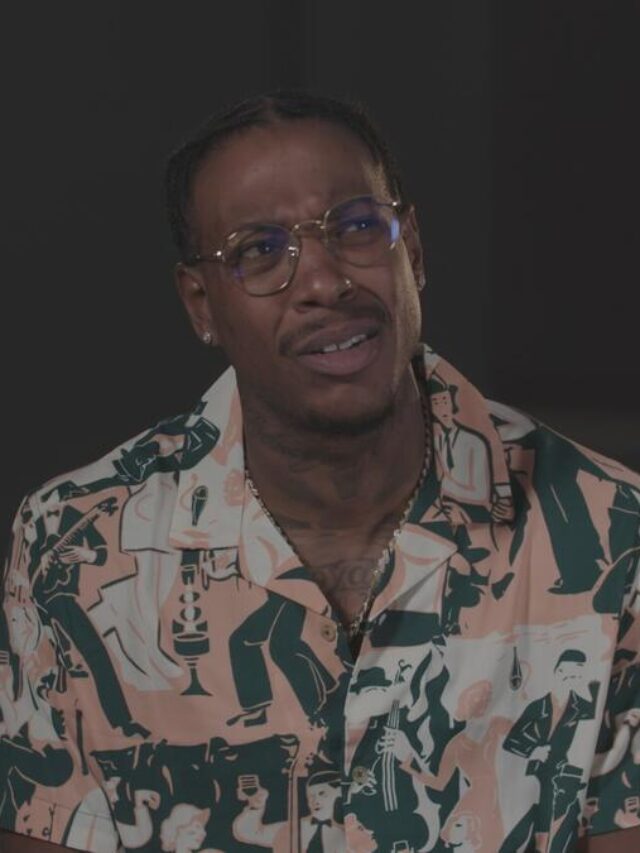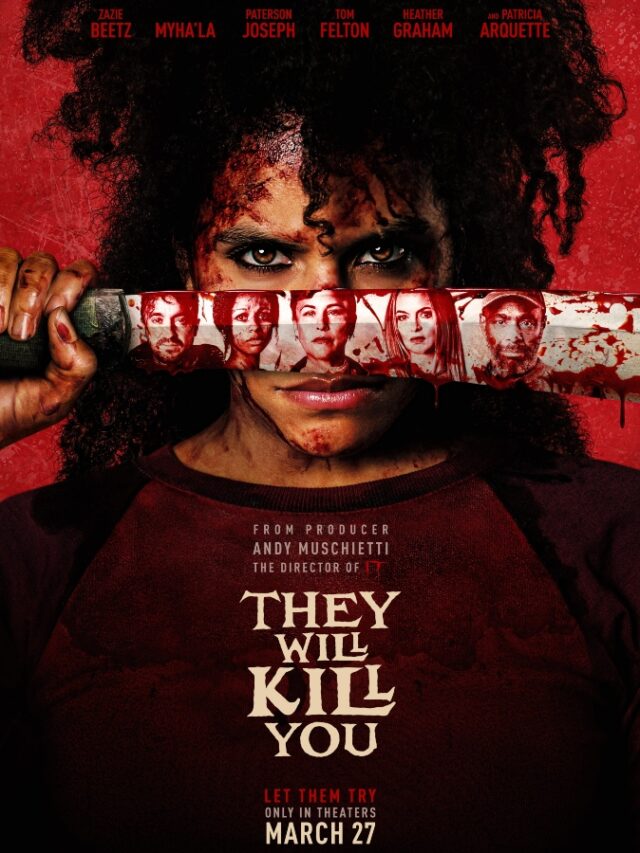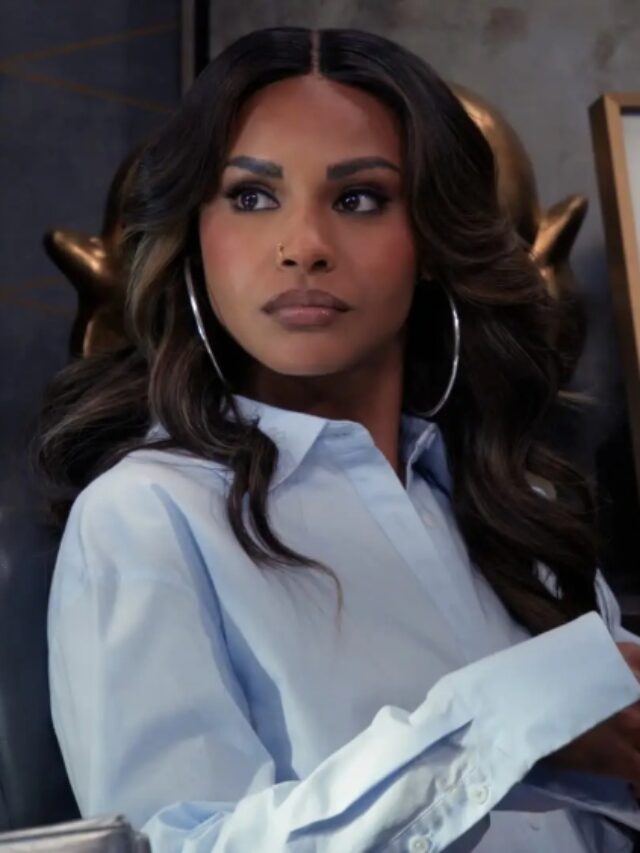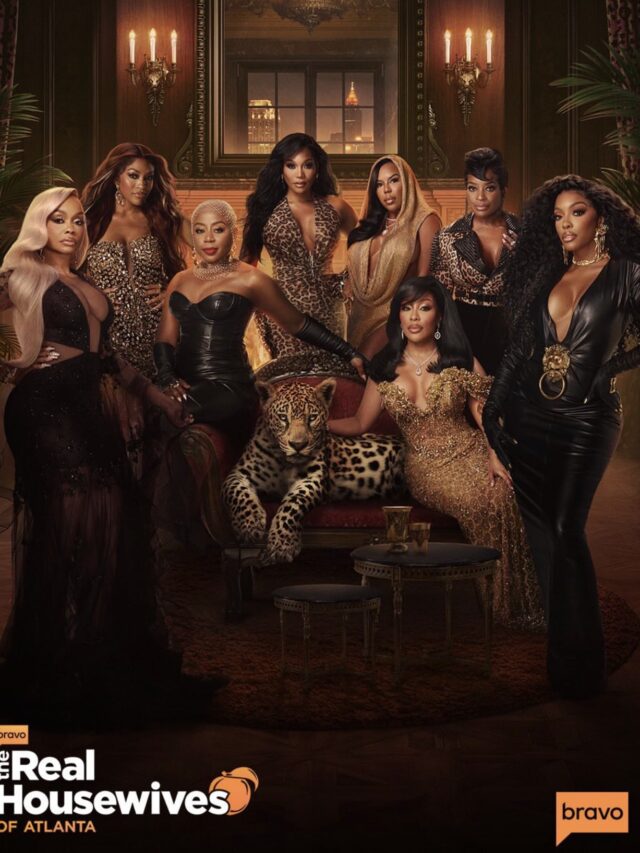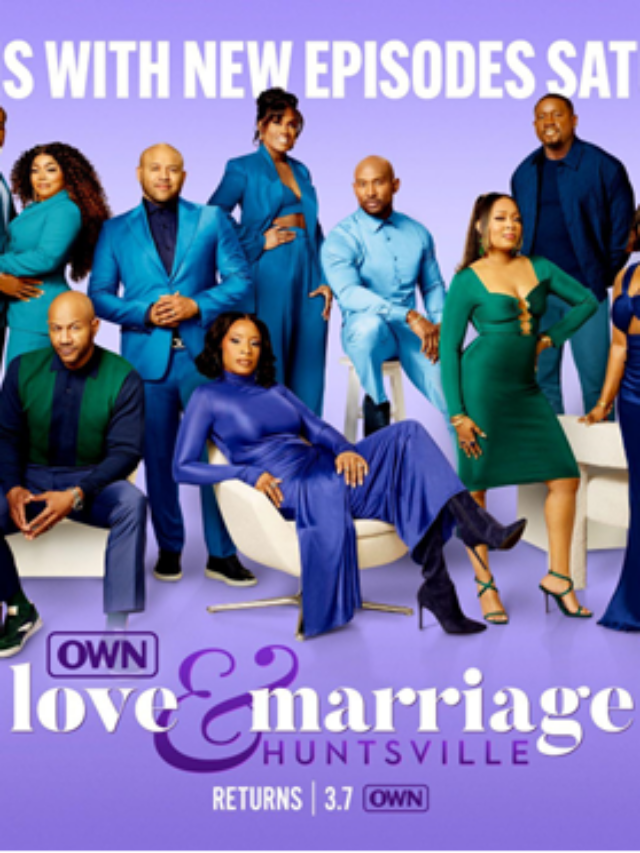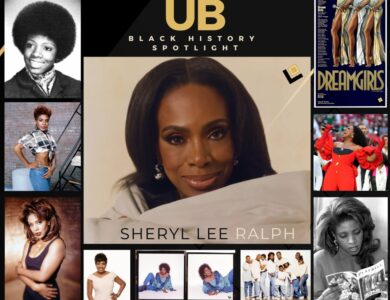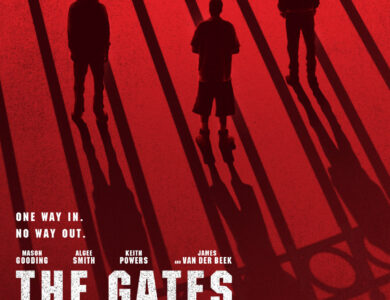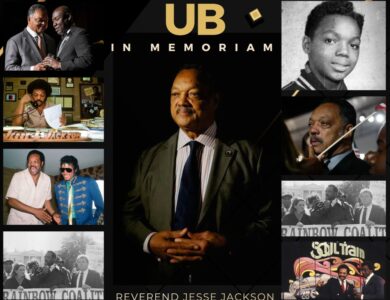JoJo Is Grossly Vulnerable as Possible on Upcoming Album Release
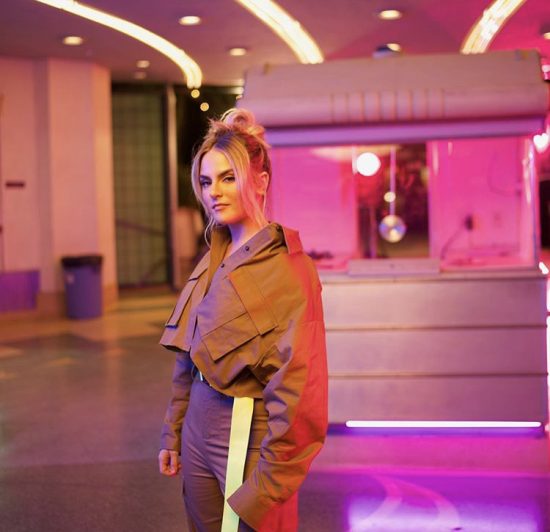

When JoJo walks into a cafe in LA’s Studio City in 2019, she does so as a self-made, authoritative and impassioned 28-year-old woman who is ready to write her next chapter. A lot of what you might understand about her already is reactive: JoJo’s story has been one of overcoming circumstances. There are none such trials today. You feel it in her presence: a lightness, a joy, a sense of satisfaction. Joanna Levesque doesn’t want to avoid the past, but she’s ready to be present and to move into her future.
Sitting down in an Anita Baker vintage tee and leopard print pants, her arms decorated in tattoos, she oozes stardom and yet she’s grounded and capable of easy connection. We know her as an R&B pop vocalist, but her admiration for music spans way beyond. “I don’t love genre,” she says. JoJo‘s relationship with the idea of pop has been complicated by the era she not only grew up in but came up in. In 2004, “Leave (Get Out)” made her the youngest solo artist ever to reach #1 on the Billboard Mainstream Top 40 chart. She was 13, and it’s a record she still holds to this day. Since, she’s sold more than 7 million records and is one of the biggest successes to ever emerge from her hometown of Foxborough, Massachusetts.
“I feel a lot freer. I can say whatever I want”
JoJo’s star has remained bright too, despite being unable to officially release music for a decade due to legal struggles with former label Blackground. Even after the breakout success, it was her independently released mixtapes between the years of 2010 and 2014 that truly cemented JoJo’s legitimacy as an artist – earning her both critical and peer support across the board, with artists ranging from SZA, Ella Mai and Maren Morris to Sam Smith, Camila Cabello, and Anne-Marie counted among her fans. In 2016, she made her heralded return to music with her first new album in 10 years, Mad Love. – debuting Top 10 on the Billboard Top 200 and receiving praise from the likes of TIME, Pitchfork, Rolling Stone, Cosmo, Entertainment Weekly and more. Most recently, JoJo re-recorded and re-released her first two albums (JoJo and The High Road) under her own label Clover Music, not wanting anyone to erase her legacy and story. She took back ownership, and was able to “give the fans the nostalgia that they couldn’t get” during her years of legal battles with her former label that prevented the albums from existing on digital platforms. She has also pushed herself outside the confines of genre, in the past year alone collaborating with artists ranging from PJ Morton [on the Top 10 R&B hit “Say So”] and Jacob Collier [lending her vocal stylings to the jazzy “It Don’t Matter”] to Tank [on his latest release “Somebody Else”].
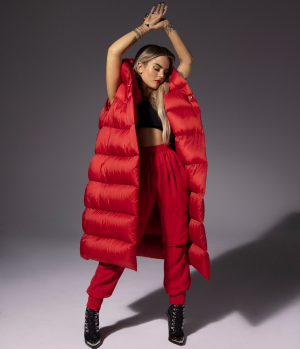 And so, she’s not here to talk about any drama today. Instead, she has a new body of work to be released via Clover Music, through a joint venture with Warner Records. She’s feeling confident, hopeful – excited to be starting to share the music with the world and proud of the album to come in 2020. Her nerves discussing new music are palpable, though. She’s anxious to convey just how much it means to her. “I want to be as grossly vulnerable as possible,” she says.
And so, she’s not here to talk about any drama today. Instead, she has a new body of work to be released via Clover Music, through a joint venture with Warner Records. She’s feeling confident, hopeful – excited to be starting to share the music with the world and proud of the album to come in 2020. Her nerves discussing new music are palpable, though. She’s anxious to convey just how much it means to her. “I want to be as grossly vulnerable as possible,” she says.
For the past year, JoJo has been working on music between LA and Toronto, with the help of producers Doc McKinney [The Weeknd, Santigold] and Lido [Halsey, Chance The Rapper]. “Joanna” is the first track she wrote, setting her own tone for what was to come. Renting an AirBnB with her best songwriting girlfriends, she started writing freestyles from a place of security and acceptance. “Freestyling is my way of getting out of my head,” she says. “Joanna” is a reflection on social media – specifically about the vicious judgment that takes place on social media and the toxic effects. It’s a chance for her to empower herself. Not all the criticism is external either. “Nobody can go harder on me than myself,” she says.
Growing up with just her mom, JoJo always felt like an outsider. Music saved her: Aretha Franklin, Etta James, Sly And The Family Stone, George Benson, Mariah Carey and eventually neo-soul. She enjoyed painting and geeking out about dinosaurs. “I’m wearing dinosaur socks today. That’s who I am, I’ve accepted it!” She was rambunctious. She sang all the time.
“I barely brushed my hair. I loved being an individual. I knew I didn’t dress like everybody but I didn’t want to.”
When fame hit she enjoyed it, but she’s only just started to understand the ramifications of reaching such heights so young. “Being famous at 13 was the best!” she says. “But it makes you feel like if you’re not shutting down a mall with your presence, something must be off.” Watching other artists have more gradual rises than she was afforded has been difficult, but she says that it never got so bad that she had to dissociate from music. In fact, today JoJo remains a keen enthusiast, consuming music more than ever, leaning on singer-songwriters (Joni, James Taylor, Cautious Clay), going to tons of shows, recently Thundercat and Flying Lotus, Ed Sheeran and Justin Timberlake, to name a few. And she can always return to her first loves of ‘90s hip-hop and soul.
You hear the latter on the song “Sabotage,” a hip-hop-infused track featuring a guest verse by rapper CHIKA. Like “Joanna,” “Sabotage” started as a freestyle while JoJo was in Toronto with Doc McKinney. She was reflecting on the end of her last relationship – the decisions she had made that led to the end of it. “I betrayed the person that I loved,” she confesses. “A lot of people self-sabotage… I tend to do it in romantic relationships. And I think most of it roots to fear – fear of being inadequate, fear of getting hurt, fear of rejection, fear of not measuring up.” So this song is about JoJo owning up to those patterns, and taking responsibility.
She’s ready to get truly personal. “I’m 15 years into my career,” she squeals. “It’s time.” She’s done the work on herself: therapy, yoga and meditation helped her regain control. “I’ve been talking to my same therapist for ten years,” she says. “She deserves a fricking credit on this album.” Losing her friend and peer Leah LaBelle when Leah was just 31 also forced a new perspective. “She’s always going to be 31, no older. It’s a privilege to grow up, and I’m no longer fearful of my age. I feel stronger now.”
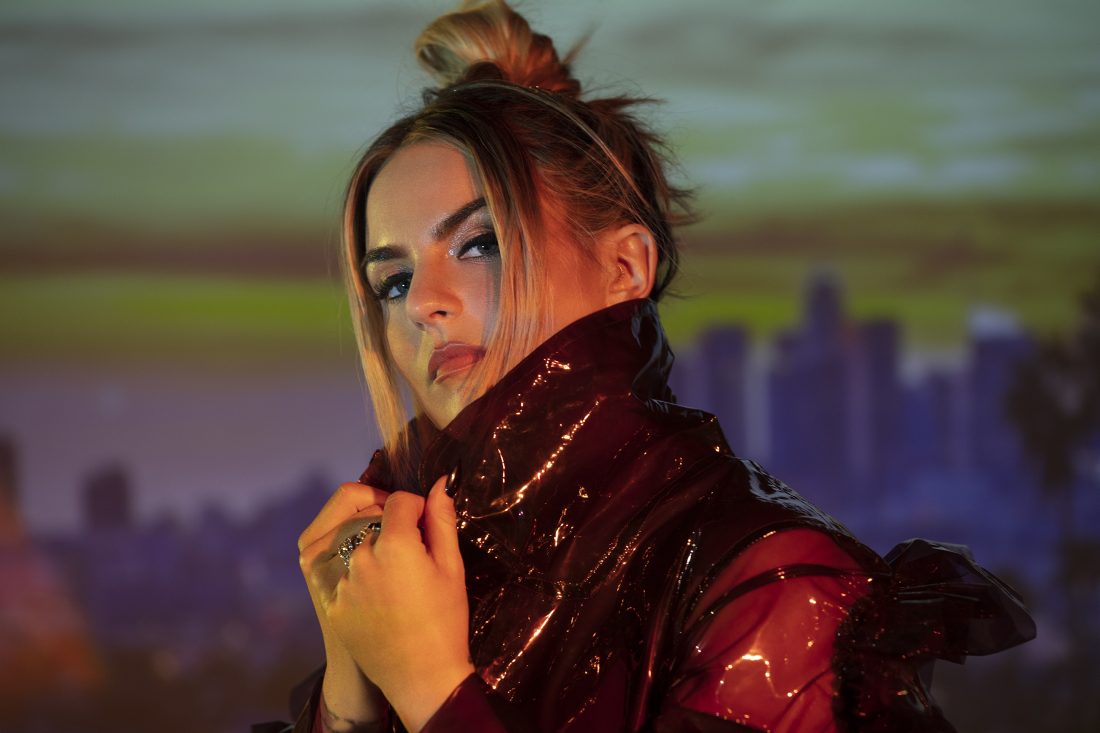
JoJo is also inspired by the authenticity of pop now. The landscape has changed since she started out, and she isn’t afraid to recognize that performers like Billie Eilish, Hayley Williams, Lizzo, Maren Morris, Florence Welch of Florence And The Machine, and Cardi B are defying female expectations. “It’s much chiller to be a popstar today. We don’t need to fit into a certain dress size, a certain box, a certain sexuality, gender, anything like that,” she says. “I feel a lot freer. I can say whatever I want.”
And with that liberation she is ready to fire on all cylinders in 2020, with her fourth official album, getting back on the road to bring this music to her fans, and so much more. This time nothing is going to hold her back, or make her doubt her true voice. “It’s been such a humbling experience,” she says of the past few years. “I feel supported. It’s the right time. We’re on the ascent!”

